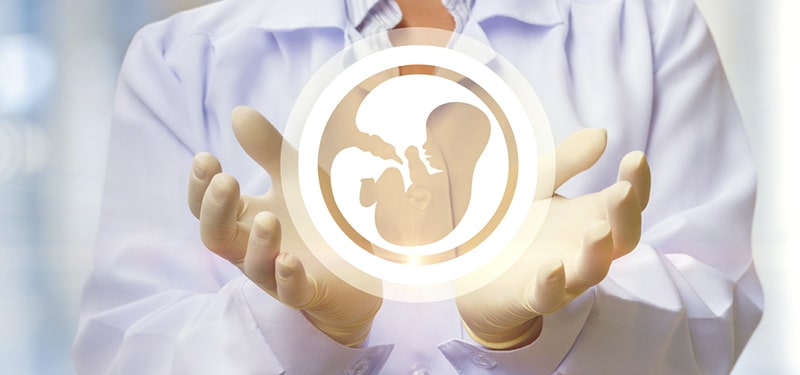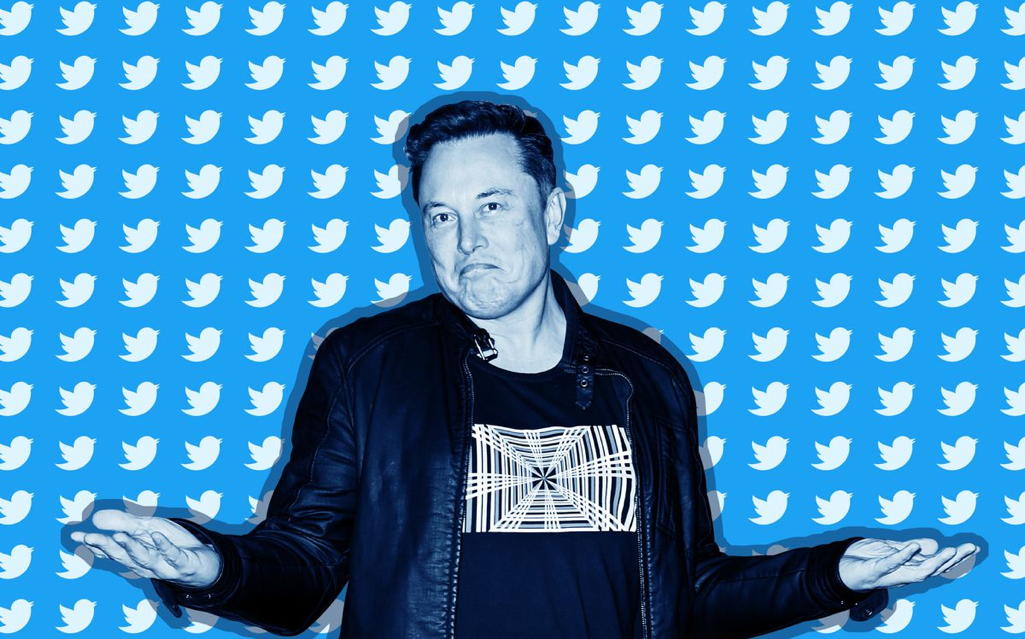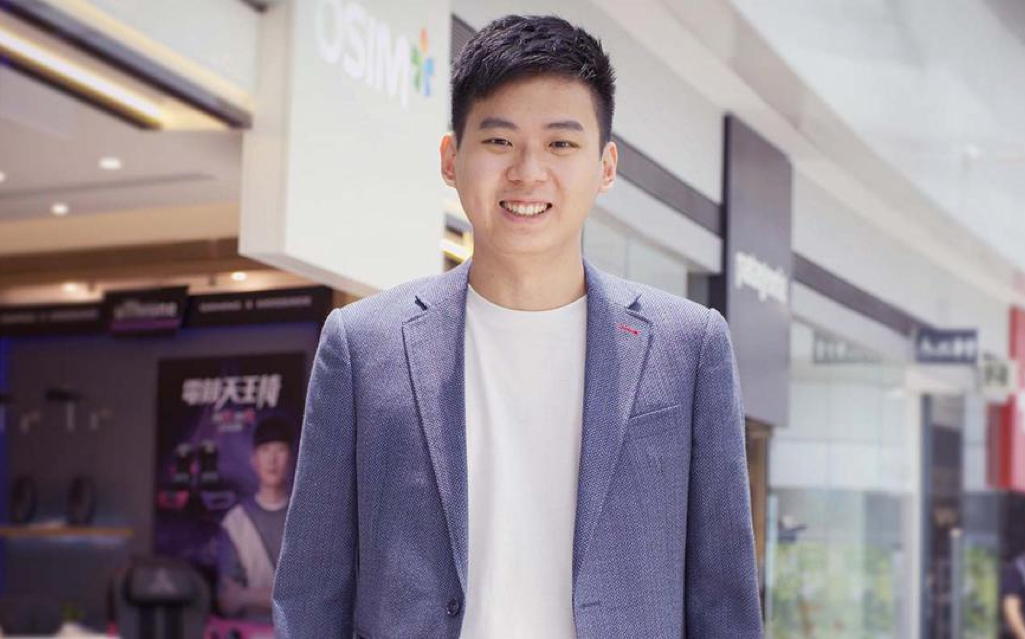Cofertility’s founders are attempting to build a new model for egg donation while also making egg freezing more accessible.
Kristen’s workplace did not provide fertility benefits, despite the fact that it may appear that all employers now offer such a perk. Kristen, who requested to be referred to only by her first name to preserve her privacy, did not have coverage for egg freezing or reproductive procedures via her employer.


She was still young at 26, but she had no immediate plans to have children. And after hearing about the fertility challenges faced by her friends and colleagues, she began researching egg freezing.
“The problem was weighing how important it was [to her and her husband] right now with the costs,” she explains. It didn’t feel right for us yet, so we were really at a halt.
Then she came across an Instagram advertisement for Cofertility, a firm that aims to make egg freezing more affordable and accessible by combining it with egg donation.
A significant number of frozen eggs get wasted and are subsequently discarded. Kristen could not only store her eggs through Cofertility, but she could also aid a family struggling to conceive, something she had always desired.
“Freezing eggs is not a guarantee that you will have a child in the future,” she explains. Therefore, not having to pay out of pocket alleviates some burden. And you also have the wonderful option to give your eggs and, maybe, assist someone else with their reproductive quest.”
Egg freezing is only one part of the equation. The founders of Cofertility, all of whom have struggled with infertility, are attempting to create a new paradigm for egg donation, which has traditionally been anonymous and related to pay.
Free egg freezing is available through Cofertility for those willing to contribute half of their eggs through the Split program, assuming they meet the eligibility requirements for egg donors, which align with guidelines from the American Society for Reproductive Medicine.
“We’re combining egg freezing and egg donation because you can’t have one without the other,” explains Lauren Makler, co-founder, and CEO of Cofertility and previous founder of Uber Health. Cofertility is being developed by Makler, Arielle Spiegel, who built an earlier version of Cofertility as a fertility education platform, and Halle Tecco, the inventor of Natalist and Rock Health.
Makler contends that Cofertility’s concept has a broader appeal for prospective egg donors and could foster a more diversified pool of prospects for intended parents. People are attracted to egg donation because of the financial incentives—often up to $10,000 per donation cycle—but it also carries a stigma among potential donors.
“That’s a squandered opportunity because egg donation is, at its core, someone doing something nice and giving a family a life-changing opportunity,” Makler adds.
This stigma is problematic on a number of levels. It inhibits women from contributing to the growth of a family, despite the fact that they may desire to do so. It leaves intended parents without options and disproportionately affects the LGBTQ population, which relies on egg donation for family planning.”
Currently, the majority of prospective parents must navigate a tangled web of egg donation services, each of which offers varying degrees of anonymity-preserving information about possible donors. Chirag, an intended parent who is working with Cofertility to identify a donor, states, “It’s a vastly fragmented market. There are a few meta-search agencies that sit above the market in an attempt to aggregate it. However, it is ultimately a quite impersonal process.”
After Chirag and his husband believed they had uncovered two viable donation candidates, they conducted their own research and discovered inconsistencies in their profiles. “This truly felt like a pay-to-play industry, where if you have unlimited financial means, you can find everything you desire,” Chirag says.
Traditional egg donation services can no longer promise complete anonymity due to the introduction of DNA testing. Some parents, such as Chirag, are actually more comfortable knowing the identity of the donor, and evidence indicates that this can also be advantageous for donor-conceived children.
Many of them are also uncomfortable with the monetary compensation linked to conventional egg donation. Because of this, Cofertility has established a more open and transparent procedure that requires a lengthy application and permits the donor and intending parents to meet before proceeding.
Chirag and her husband have already found many good candidates through Cofertility who, according to him, is a significantly better fit than the donors they obtained through agencies.
To make this strategy work, Cofertility must increase its donor pipeline, which is no easy task given the competitive egg-freezing industry. Cofertility has screened and authorized over fifty egg donors to date, and over a thousand individuals have submitted applications for consideration.
With today’s official debut and a $5 million seed round led by Initialized Capital and Brit Morin’s Offline Ventures and completed by a group of female angel investors, the company intends to cast a wider net and attract more intended parents to its platform.
To fulfill the promise of broadening access to egg freezing, Cofertility must also distribute its product to those who require it most. In spite of the growing popularity of fertility benefits in the workplace, this is one reason why Cofertility focuses on catering to consumers, at least for the time being.
“It’s fantastic when corporations provide fertility coverage,” says Makler. “However, it is often limited to organizations that can afford it, which are typically larger corporations with workers who are already privileged in terms of access and salary.” It is important to note that additional costs are associated with egg freezing, even if the original operation is free, including egg storage and the potential cost of future IVF.
By removing the incentive of monetary compensation and tying donation to egg freezing, Makler believes that Cofertility can tap into a previously untapped pool of potential egg donors, including both those who have never considered egg donation and those, like Kristen, who were interested but turned off by the transactional nature of the process.
For some of Cofertility’s donors, it was also essential that the company’s founders truly comprehend the issue they’re attempting to address.
“What we’ve heard from some individuals is that they simply couldn’t find the proper fit,” Makler explains. “I believe they feel more supported because we’ve lived through it and are prepared to share our story, be right there with them, and bring them into this group.”




